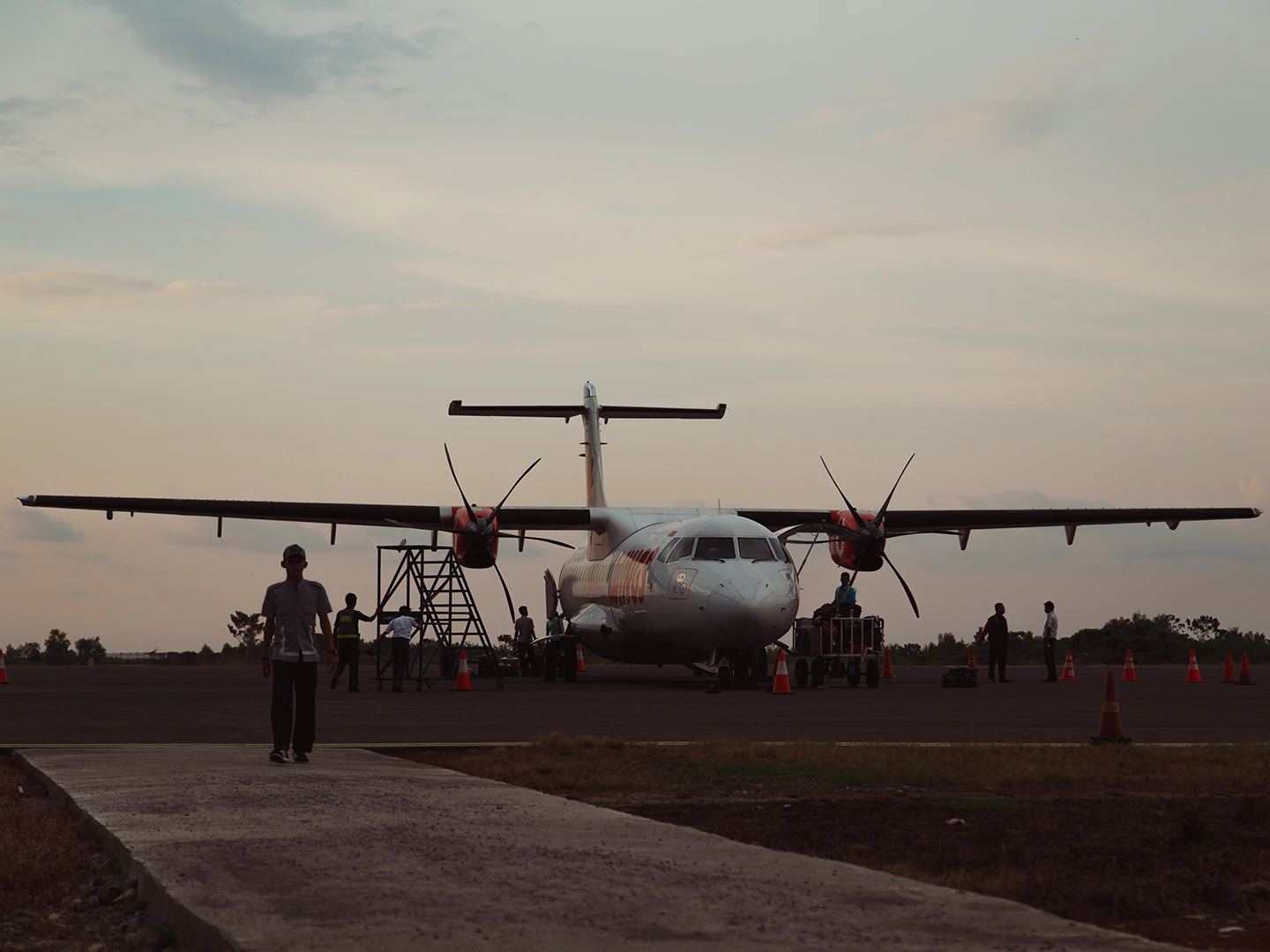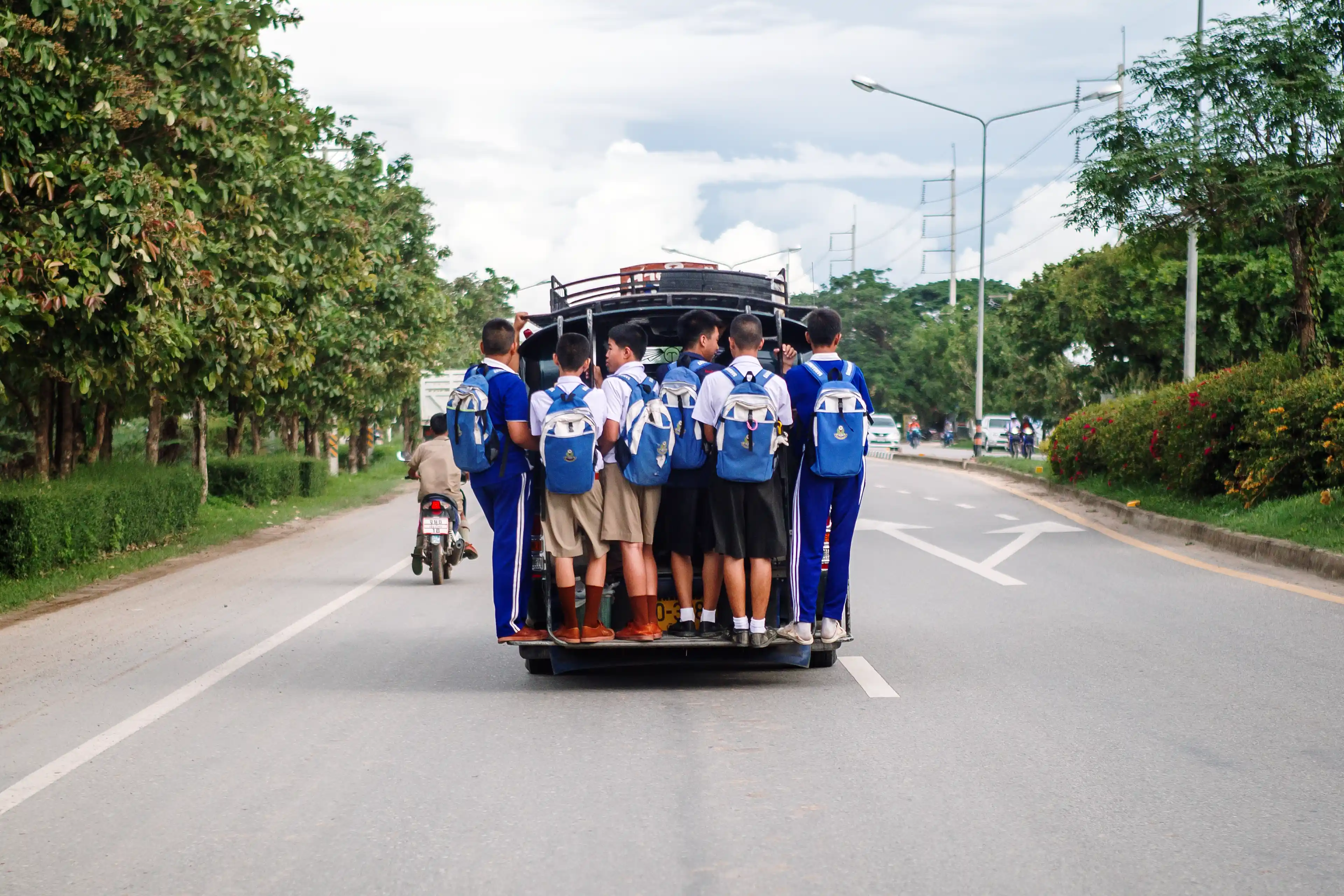Snapshot of the Unreached: Nomadic Peoples
Know much about nomads?
This box is used to determine what content is shared through the social share feature. This will not be visible when published to the live site.
Twitter Share Info:
pioneersusa
Copy to Clipboard link:
Code & Content Empowering Email Share Functionality

Going Deeper
Check out these other related articles













